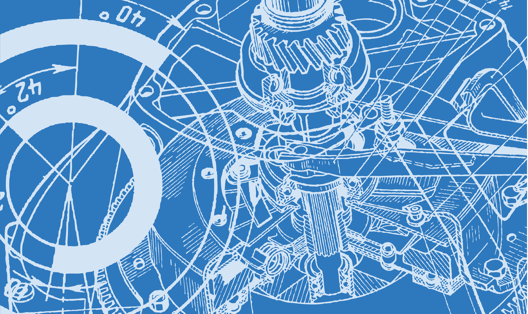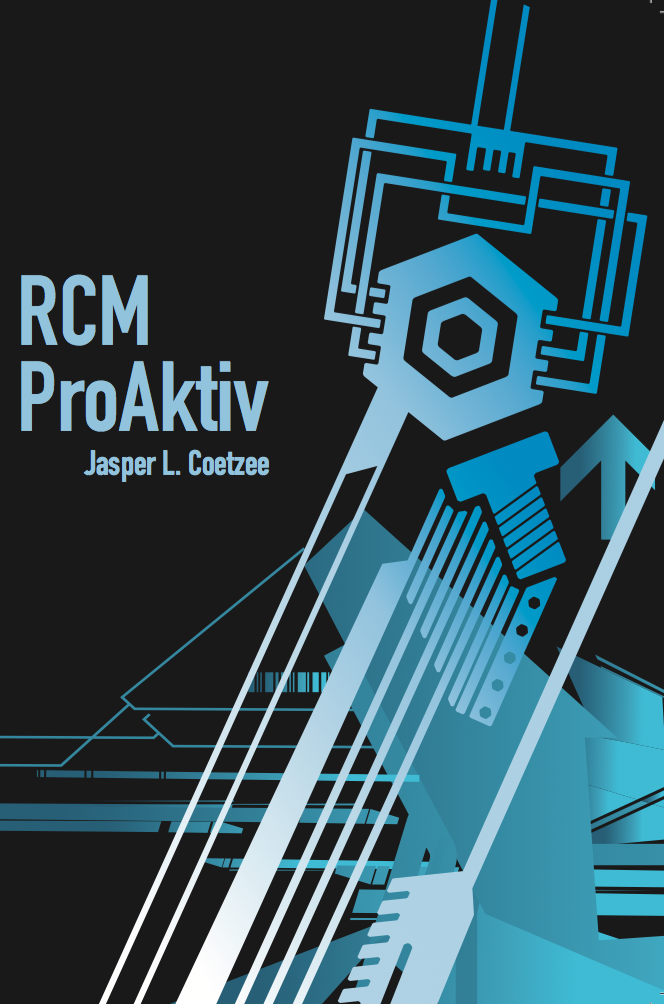Excellence in RCM practice: RCM ProAktiv

The idea of RCM was conceived in the late sixties of the previous century by the airline industry to achieve acceptable levels of maintenance for aircraft. This was followed by a carry-over of these concepts first to the military and then to general industry (circa 1980).
RCM has been practiced widely since then, but especially so from the early nineties. It has now become necessary to take RCM practice to a new, advanced level.
RCM ProAktiv does exactly this by developing the original RCM methodology both in width and depth of application. In the present course known RCM concepts are thus revisited, expanded, and explored comprehensively.
This course is based on the book RCM ProAktiv: a proactive approach to Reliability Centered Maintenance - a complete view, by our principal, Dr Jasper L. Coetzee. Dr Coetzee is also lecturing this particular course.
Because of the advanced nature of the course, candidates that want to enrol need to either have an engineering degree (B.Eng., BSc (Eng) or B.Tech), or alternaltively have successfully completed the following two courses as a prerequisite for this course:
- C702: Reliability Engineering in Asset Management
- C903: RCM Facilitation and Analysis
This is to ensure that participants will adequately cope with the course content. Exceptions to this rule is possible, but will have to be suitably motivated.
This course thus builds on the foundation already established in our C702 and C903 courses. Apart from shortly revisiting the Reliability and RCM foundations, the student should be in a position to quickly grasp and use the advanced concepts as taught in this course.
Course Content
|
Module 1 – Essential background
|
|
Module 2 – A foundation for applying RCM ProAktiv successfully
|
|
Module 3 – Finding the failure modes that will lead to an excellent maintenance plan
|
|
Module 4 – An advanced view of the Task Selection process
|
|
Module 5 – Assembling and implementing the RCM ProAktiv Maintenance Plan
|
|
|
Who Should Attend
The C904 course is recommended for Reliability Engineers, Maintenance Engineers, Asset Managers, and RCM Facilitators that intend enriching their practice of RCM to a full RCM ProAktiv level.
Important note: Laptop computer required – refer to terms and conditions on Course Registration form, and footnote on the Course Listing.
 |
Credits 20*, level 6** * The course comprises 100 hours of study, of which 40 hours are in class, with a further 60 hours for an assignment. **Higher Diploma level |
|
Textbook Provided
|




